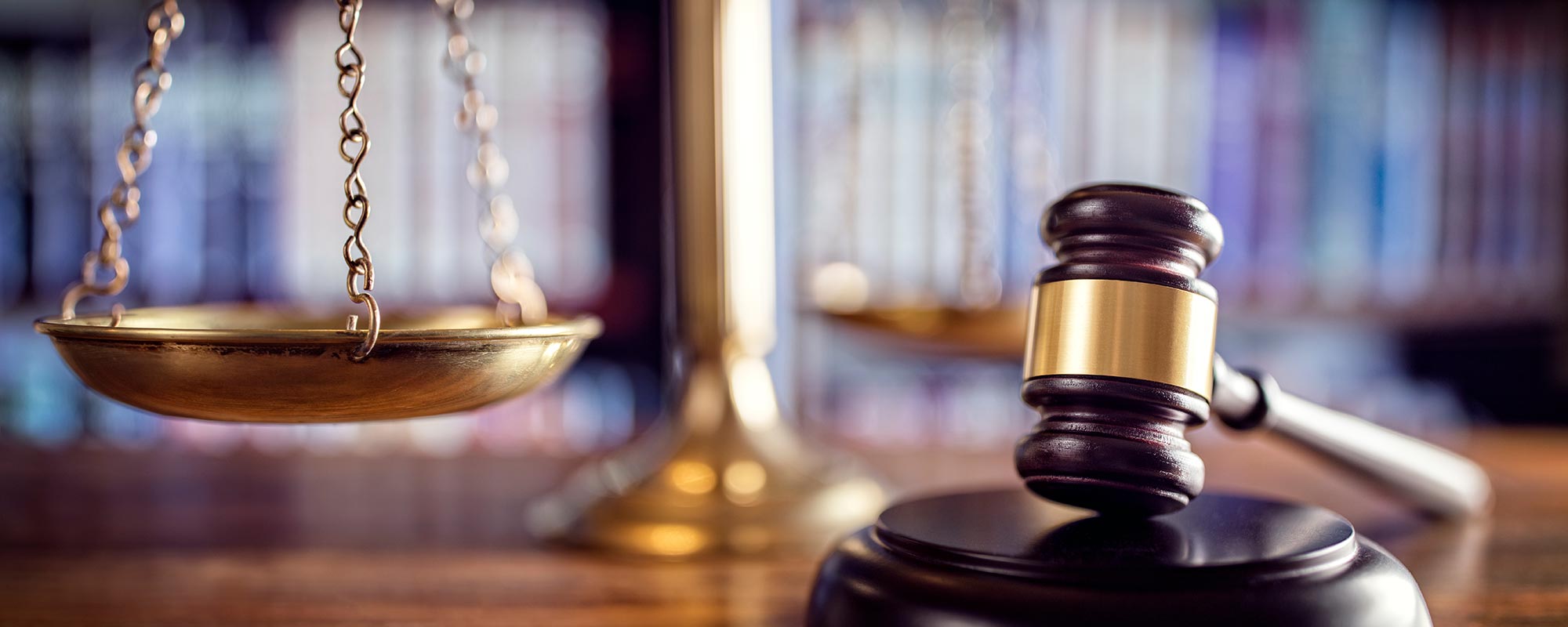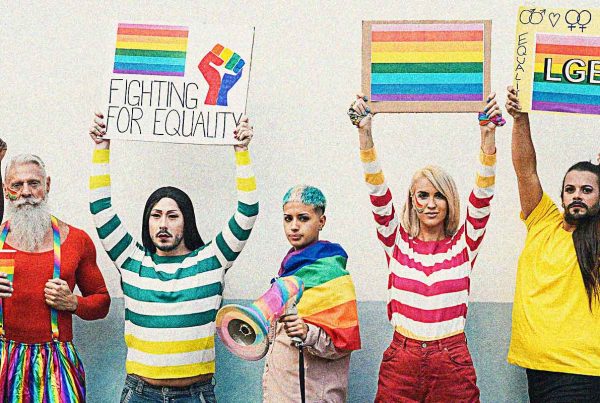CCLA is intervening in a case before the Supreme Court to argue that the police should not be given an expanded power to arbitrarily detain drivers on private property.
Over thirty years ago the majority of a divided Supreme Court ruled that police could pull over drivers, questioned occupants, and demanded drivers’ identification without any suspicion of wrongdoing. It’s a roving, arbitrary detention power that has resulted in decades of discriminatory policing and harassment of racialized persons – both intentionally and due to unconscious bias.
In his dissent in that case, Justice Sopinka wrote that “the last straw” for drivers’ civil liberties had been reached when the majority recognized an unfettered discretion for police to “stop any vehicle at any time, in any place, without having any reason to do so.” We agree – and it is a precedent we are fighting to overturn in a case that went to trial this June.
While we wait for a decision in the constitutional challenge, the fight against discriminatory police traffic stops continues. This fall our pro bono counsel will appear at the Supreme Court to argue that this arbitrary detention power should not be extended – by inference and implication – to private property. We set out what is at stake in our written arguments:
There is little doubt that if this Court recognizes the power sought, it will be exercised predominantly in the context of high-risk and “low visibility” encounters. Despite the fact that suspicionless roadside detentions have historically been referred to as “roving random stops” or “random routine traffic checks”, it is now well established that these interceptions are not conducted in a genuinely random manner. …
Instead, the practice of suspicionless roadside stops has provided a pretext for profiling and discrimination that disproportionately affects racialized and marginalized individuals. The risk that any expansion of these powers will lead to further discriminatory outcomes and abuse is acute.
We trust that the Supreme Court will be listening.
You can read our full factum here. Many thanks to our pro bono counsel Bruce Johnston and Lex Gill of Trudel Johnston & Lespérance.
About the Canadian Civil Liberties Association
The CCLA is an independent, non-profit organization with supporters from across the country. Founded in 1964, the CCLA is a national human rights organization committed to defending the rights, dignity, safety, and freedoms of all people in Canada.
For the Media
For further comments, please contact us at media@ccla.org.





